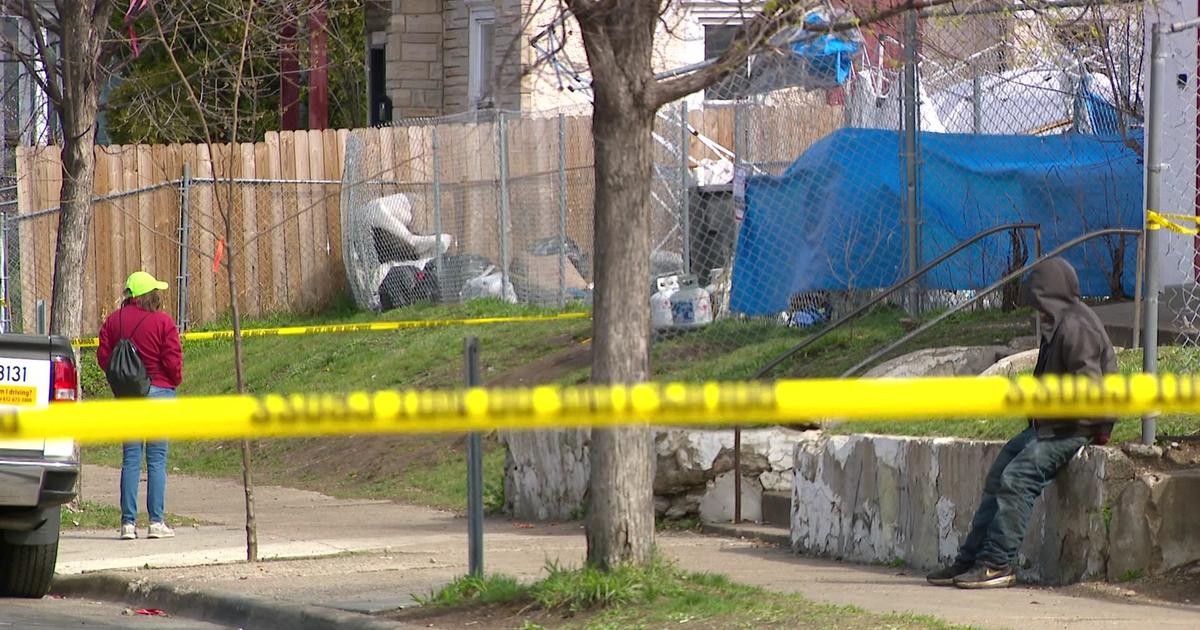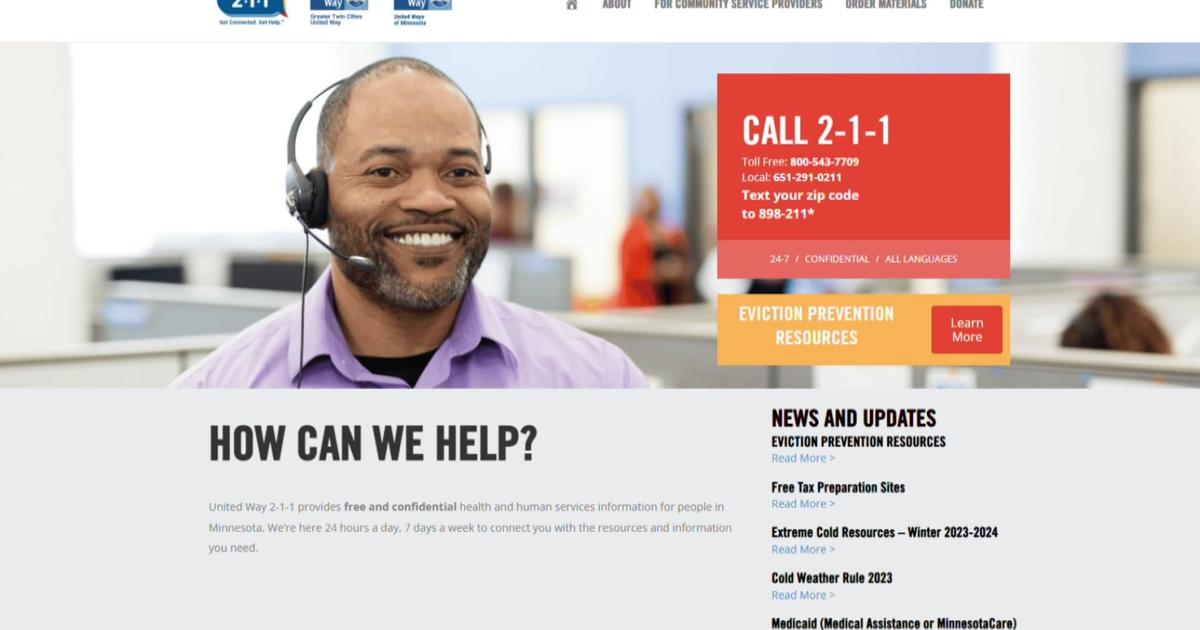Concerns Grow Over Blood Clotting COVID Complications In Young Patients
MINNEAPOLIS (WCCO) - There is growing concern over a complication of COVID-19 which seems to be showing up in younger patients. It's estimated that as many as half of the people in intensive care experience blood clots.
Blood clots can lead to an increased risk of death by almost 75%. Zach Halverson, 25, is one of the lucky ones that made it.
Halverson is still in a state of gratitude after his grueling fight with COVID-19.
"Thanksgiving this year I've never been more thankful for these people on the frontlines," Halverson said. "I went upstairs to get my Tylenol and by the time I got upstairs I was completely out of breath."
That lead him to United Hospital in St. Paul in September where a CAT scan revealed a serious complication.
"Finally when I got back to the room they said that I had blood clots," Halverson said.
"I didn't know that blood clots were kind of common thing when it comes to COVID," he said.
As Medical Incident Commander for CentraCare's COVID-19 Response Team, Doctor George Morris explains how the virus attacks certain types of cells.
Part of that can include a patient's blood vessel line, triggering clotting.
"Clotting is a hard one, both to identify to measure and then manage," Dr. Morris said.
"This is why COVID is hard to manage and figure out because it shows up in so many different areas and so many different body systems are affected," Dr. Morris said.
As to why younger patients like Halverson suffered a pulmonary embolism, Doctor Morris believes they're able to first fight the majority of COVID symptoms with their body's reserves.
"But then when they develop clots in their blood vessels those are small clots and once their body sets in to that phase it's harder to stop it," Dr. Morris said.
It's why Halvorson's own mom, also hospitalized with COVID at the same time, didn't suffer the same fate. She was only put on blood thinners as a precaution.
Zach may have to remain on them for months also.
"It's not something you want to mess around with. Not something you want to get it's pretty terrible," Halverson added.
Dr. Morris says if you're having chest pains or think you're suffering a stroke call 911.
Skin color changes, especially if it's changing from white to purple, or you experience swelling can also be more signs of a clot.



